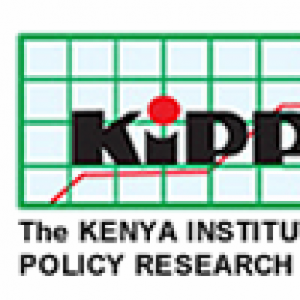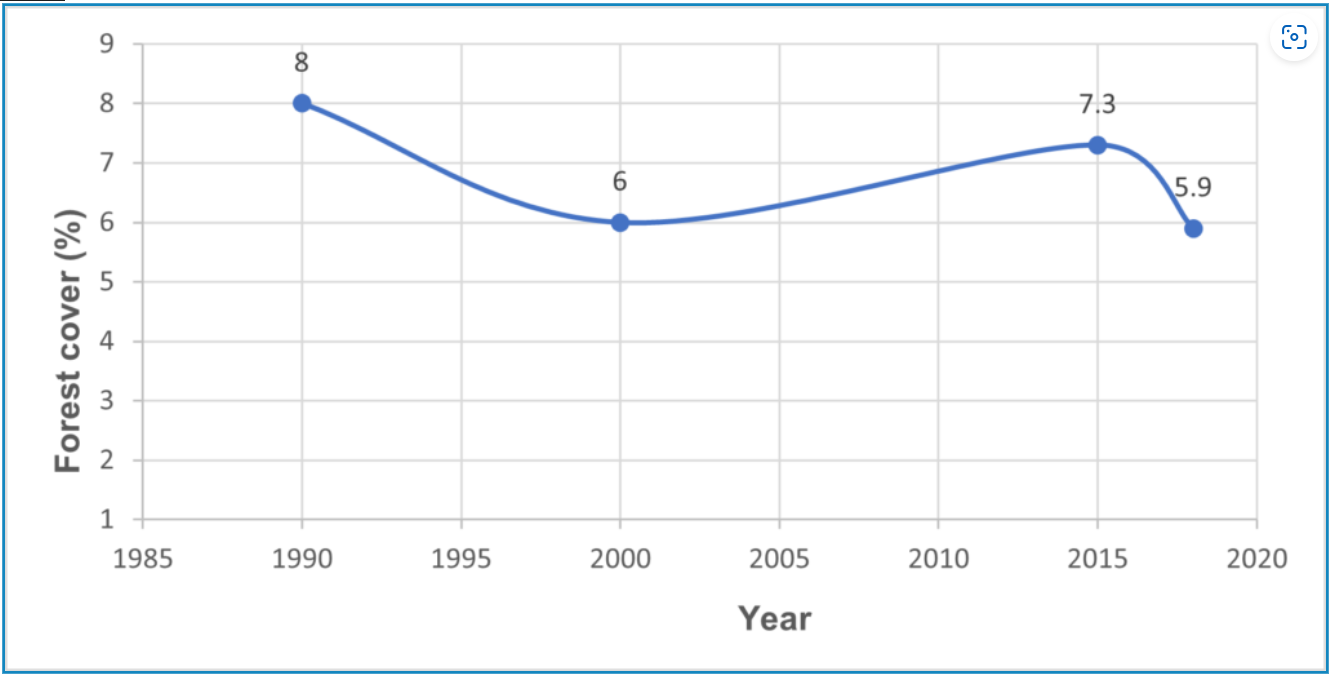The quest for good governance in Kenya has been a journey of correcting past mistakes and embracing a strong and more stable political environment. From independence in 1963 through restoration of multiparty democracy in 1991 to the promulgation of the new Constitution in 2010, this quest seems not to be ending any soon. At the centre has been the need for all Kenyans to have a feel of the national leadership, which is a symbol of national unity and a sense of self belonging. As such, the constitution provides a framework of ensuring democracy and rule of law, guaranteeing free and fair electoral system. However, Kenyans still yearn for more despite the strides made in ensuring democracy and a stable political environment.
It is worth noting that this long quest is premised on the recurring divisive electioneering periods. In some instances, in the political arena, it has been viewed as if the winner takes it all– given the authoritative allocation of resources that some systems provide. In a political system such as Kenya, most authority resides with the presidency and the legislature. As a result, the desire to hold these positions becomes inevitable. This creates a need to balance authority, political stability and equitable share of resources.
To maintain a stable political environment in the country, the main contestants in the most recent elections in 2017 came together through the famous handshake on 9th March, 2018.This did not only calm the political storm at the time but also revived the investor confidence in the then relatively turbulent economy due to uncertain political environment. Top on the agenda was to find out what ails the governance system to ensure lasting peace and unity in the country, political stability notwithstanding, hence the creation of Building Bridges Initiative (BBI) to superintend the process. The BBI report had nine key areas of focus: Ethnic antagonism and competition, inclusivity, divisive election, corruption, lack of national ethos, devolution, safety and security, shared prosperity and responsibilities and rights.
Launched on 27th November 2019, the BBI report tends to address these issues through various recommendations. On the winner takes it all, the change in the national governing structure is recommended. Over and above the retention of the presidency, the report introduces the position of Prime Minister to be appointed by the President, while the President will remain the symbol of national unity as the Head of State and the Commander in Chief with his deputy as the principal assistant. The Prime Minister shall be the Leader of Government Business in the National Assembly and will also supervise and oversee the execution of daily functions and affairs of the Government. This shows the proposed governance model has a mix of both presidential and parliamentary system.
However, the President’s power to appoint the Prime Minister may not guarantee stability in future should the post be held by one who belongs to a different party from that of the President. Probably, it would thus be better to revisit the Bomas draft model whose proposition on the appointment of the Prime Minister was entrusted on Parliament to vote one of their own who is a leader of the largest political party or coalition of parties as proposed by the President. This could give the parliamentarians a voice on the appointment and dismissal of the Prime Minister, which must be by vote of at least 50 per cent. However, to ensure a more popular vote, this can be extended to two-third majority.
Secondly, the BBI report proposes that the runner-up in the presidential election shall become an ex-officio member of Parliament and the leader of official opposition under the recommendation. This should take after the old constitution model where the office of official opposition would be financed by the taxpayer. This proposition would empower the opposition as the custodian of effective check on the government of the day that has since been weakened by the political realignments and constitutional amendments such as 2010 dispensation. The restoration of the shadow cabinet will provide alternative solutions and oversight and scrutiny to the operations in various government ministries, thus enhancing the long-lost watchdog role to the citizens.
One of the major milestones of the Constitution 2010 is devolution. Article 174 and 175 provides the object of devolution as promotion of democracy and accountability in the exercise of power to foster national unity, and taking cognizance of diversity to enhance economic development and social inclusion. Devolution has thus superintendent transparent equitable distribution of resources through participatory approaches. However, the National Government has been accused of delaying disbursement of funds to the counties while some counties have been on the receiving end of accusations of misuse of public resources. This includes the need for better value for money on development as opposed to high recurrent and administrative costs. The report recommends for strong anti-corruption measures. To support the BBI report recommendations on proper use of public resources, there is need for effective execution of the Public Finance Management Act, which is already in place. This includes acting on annual audit reports from the Auditor General. In addition, the recommendation on strengthening of the office of the Auditor General and further devolve it to oversee counties’ accounts and to report them in an accessible and simple way is of essence. With this in place, the increment of funds to counties from 15 per cent to 35 per cent of the last audited accounts would be significant in boosting the counties’ financial base.
On inclusivity, the report recommends that the leadership of the county governments must be of either gender; that is, when the governor is male, the deputy must be a female and vice versa. However, it is important to note that for this to fully achieve the intended inclusivity, county leaders should be conscious that running a multi-ethnic or multi-cultural state entails use of their powers to ensure that public positions reflect the face of Kenya. Besides, despite this being a constitutional requirement already, the National Assembly and Senate have not fully achieved the Constitution Amendment Bill (No.4) of 2015 to address the two-third gender rule. There is therefore need for deliberate political will to realize the proposed amendments of gender requirements.
Lastly, the report underscores the need to reform the present electoral system to ensure that it is simple, accurate, verifiable, secure, accountable and transparent. This is bound to strengthen similar propositions in Article 86 of the current constitution. To realize the envisioned benefits, what is required is effective execution and adhering to the proposed amendments.
The debates notwithstanding, the BBI seeks to provide an opportunity for an honest and engaging conversation among Kenyans. The focus must be on issues such as: the effectiveness of the national governing structure if the proposal to have a mix of presidential and parliamentary system is to go by. Secondly, the power to appoint and dismiss the Prime Minister could be given to Parliament, where parliamentarians can use a majority vote to make such decisions. On devolution, apart from the additional resources, the legal system could be used to compel counties to effectively implement the Public Finance Management (National Government) Regulation Act. Kenyans will be waiting to see how these rafts of recommendations will be picked up going forward. Even so, the BBI train bears hope to carry everyone along in an all-inclusive process in line with the preamble of the Kenya constitution: behold – We the People of Kenya.
By Yogo Kenneth and Lawrence Njoroge






